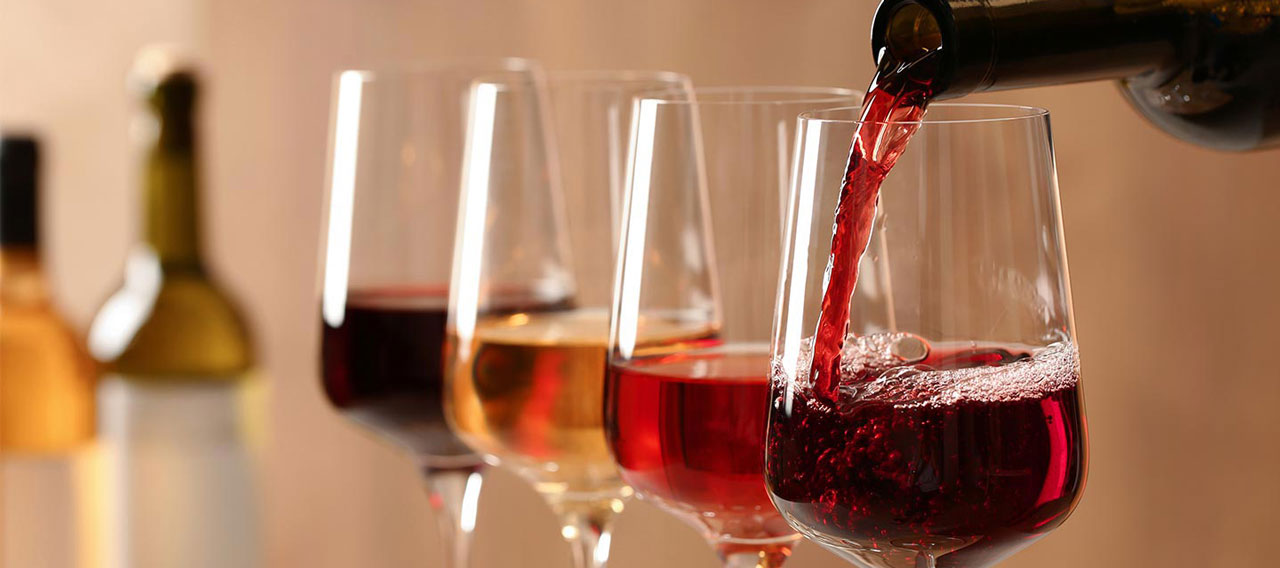- Individuals & Families
- Businesses
- Agents & Brokers
- Embedded Insurance

Chubb ranked #1 for Customer Satisfaction with the Home Insurance Claims Experience

Chubb ranked #1 for Customer Satisfaction with the Home Insurance Claims Experience

Chubb ranked #1 for Customer Satisfaction with the Home Insurance Claims Experience

Chubb ranked #1 for Customer Satisfaction with the Home Insurance Claims Experience

Because pets are family, Chubb now offers pet insurance with top-rated coverage from Healthy Paws.

Chubb offers the insurance protection you need for travel’s many “what ifs”.

Chubb protects small businesses at every stage – from newly formed start-ups to long-time anchors of the community.

Stay ahead of cyber threats with our free Cyber Claims Landscape Report.

Learn more about our dedicated learning paths, Online Learning Center, and more.

Many digital-savvy consumers look for it as a core or add-on option.

Many digital-savvy consumers look for it as a core or add-on option.

Many digital-savvy consumers look for it as a core or add-on option.

Chubb’s in-house technology makes it easy to integrate what we do into your customer experience.
-
About
-
Claims
-
Login & Pay Bill
For Agents & BrokersFor Travel Advisors
-
Back
If you’re considering starting a wine collection, either for enjoyment or as an investment (or both), there are six important questions you’ll want to ask yourself before you get started:
1. What will I buy?
Consider buying the best you can afford. Invest in wines from producers with an established record, that have a true global secondary market. If you’re buying for investment, you’re better off buying only a few bottles of a better wine than cases of a lesser quality vintage. The majority of investment-grade wines come from Bordeaux, Burgundy, Champagne, Tuscany, and the Rhone regions.
2. Where will I buy it?
A wine’s provenance is important. Only purchase wine from known and reputable sources that can confirm how the wine has been stored, from its bottling through its present location. Knowing the wine’s chain of ownership and storage conditions can help you ensure that it has not been exposed to any events that may have damaged or prematurely aged it and can limit the possibility of purchasing fraudulent wine.
3. Where will I store it?
It’s important to determine how you will store the wine before you purchase it. That’s because where and how a wine is stored will affect its long-term health and therefore its value. Wine does best in a cellar with a consistent temperature of roughly 55-60º F and a humidity level of 65-70%. Ideally, wine should be stored at a professional facility. However, if you decide to store it at home, make sure you have a proper climate-control system and insulation in place to protect the wine. Be careful storing it in a basement, as you may run the risk of exposing it to water or mold.
4. How long will I keep it?
Wine is an organic asset with a limited lifespan and a peak drinking time window. Depending on the producer, region, and vintage of the wine, there is often a period during which the wine is considered not ready to drink (premature), a period during which it is in peak drinking range, and a period during which it is on a slow decline in terms of drinkability and therefore value. If you’re buying wine as an investment, be prepared to wait six to 10 years or longer. That’s because fine wine not only matures and improves over time, it also becomes more rare and desirable, which can drive its price higher.
5. How will it be valued?
If you plan to invest in wine, you’ll need to understand the difference between replacement values (how much it would cost to replace the wine if it was stolen or broken) and fair market values (how much you could get if you sell the wine). Plus, you will want to incorporate transaction costs (brokerage or auction fees) and carrying fees (such as storage and insurance) into your calculations, as these will affect how much you can make if you sell it.
6. What are the risks?
While wine can be a good way to diversify a portfolio because its price isn’t tied to the stock or bond markets, it can also be a risky and expensive investment. That’s because wine can age too fast or too slow, depending on how its stored, and can easily break if not handled correctly. Like any investment, returns are not guaranteed for wine, though the market for fine wine has performed well in recent years.
Sources:
www.wineadvise.com
Insights and expertise

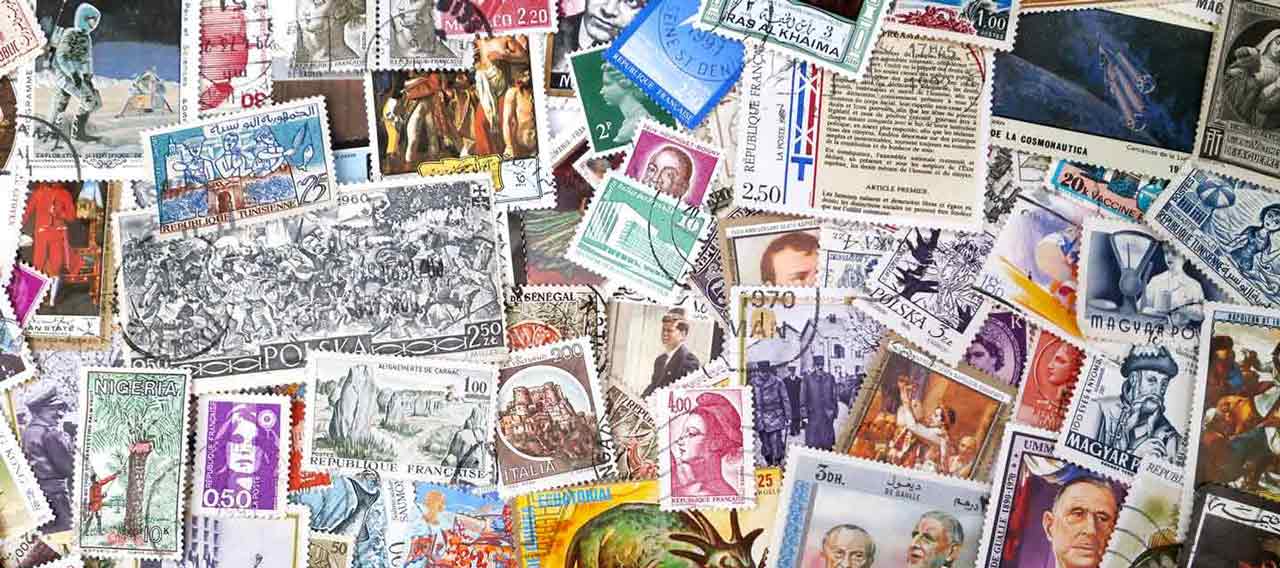
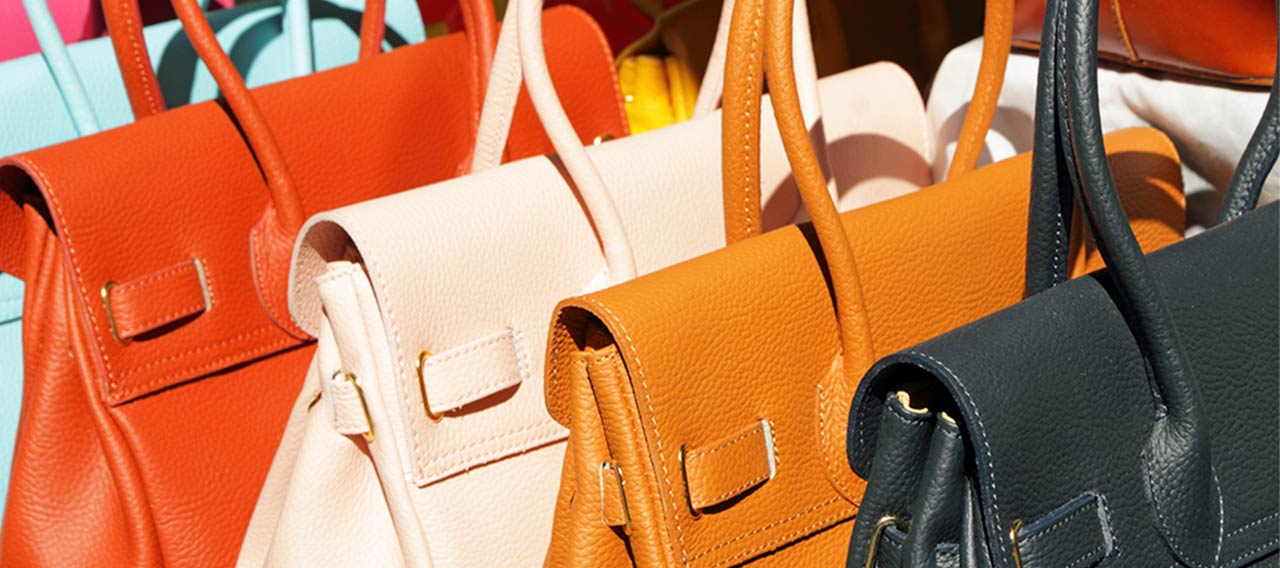
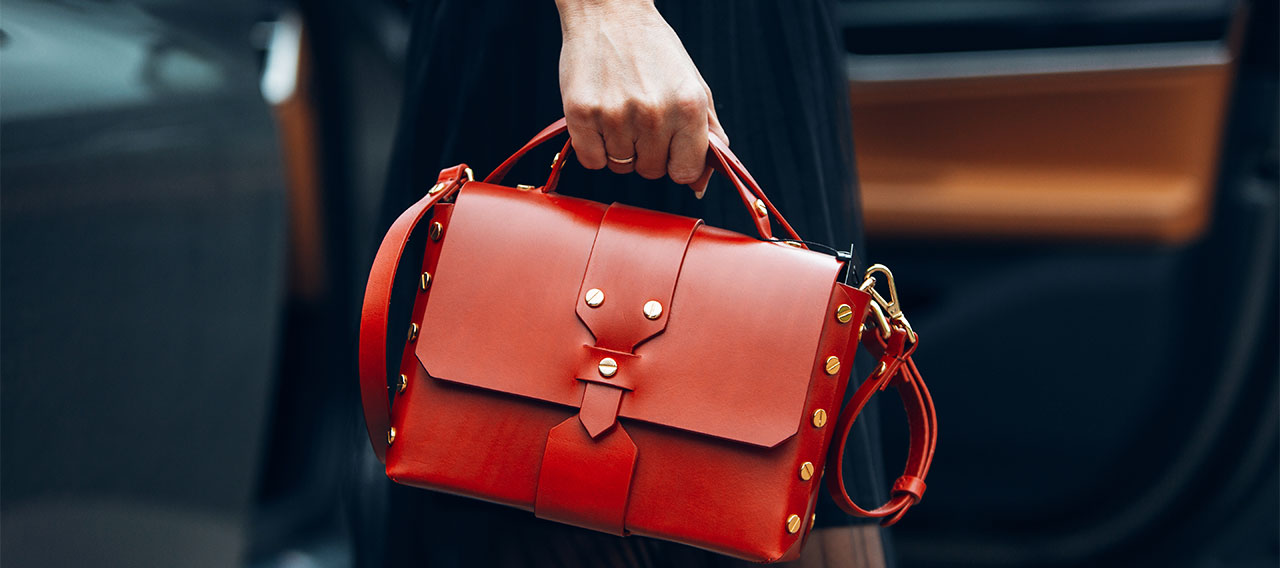
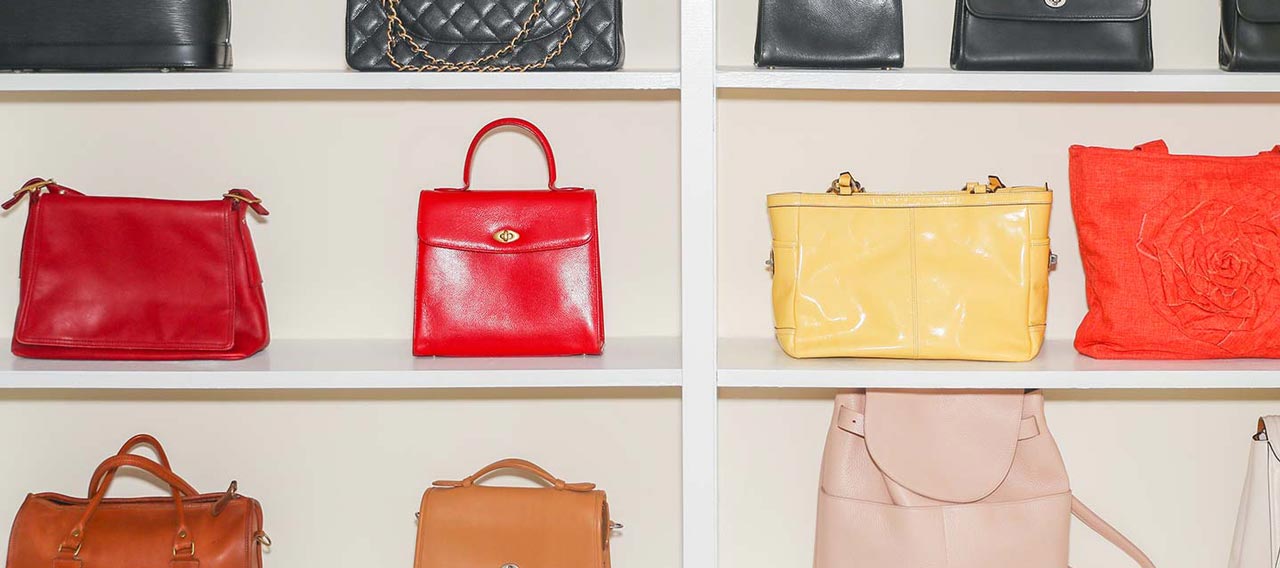

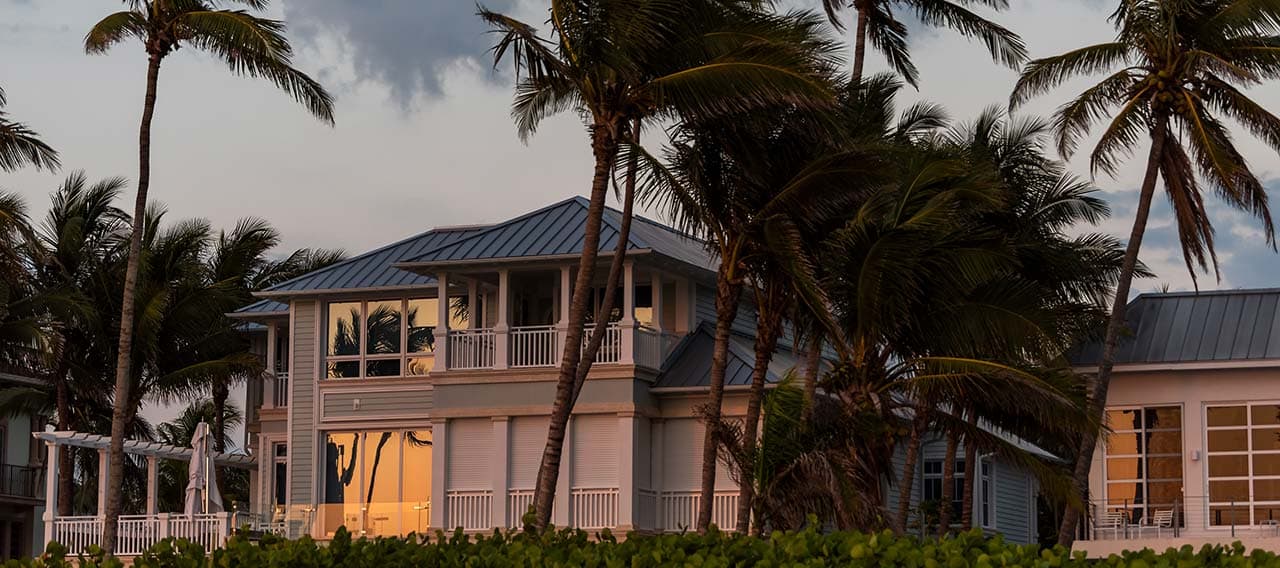
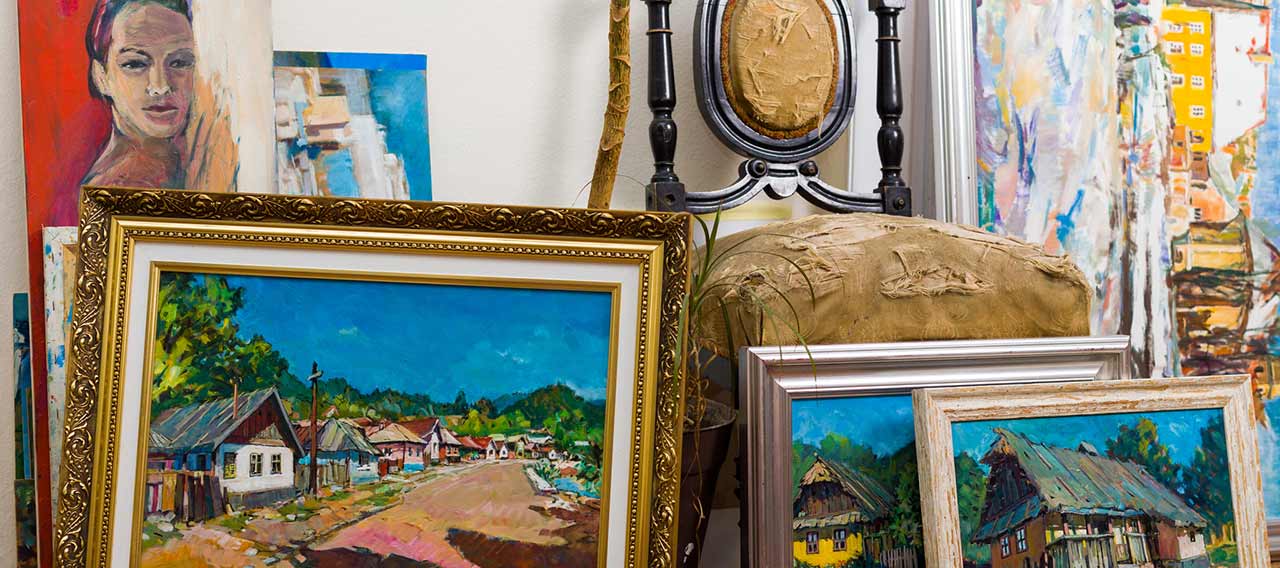
Get a personal insurance quote
Work with an independent agent to get personalized insurance solutions.
This document is advisory in nature and is offered as a resource to be used together with your professional insurance advisors in maintaining a loss prevention program. It is an overview only, and is not intended as a substitute for consultation with your insurance broker, or for legal, engineering or other professional advice.
Chubb is the marketing name used to refer to subsidiaries of Chubb Limited providing insurance and related services. For a list of these subsidiaries, please visit our website at www.chubb.com. Insurance provided by ACE American Insurance Company and its U.S. based Chubb underwriting company affiliates. All products may not be available in all states. This communication contains product summaries only. Coverage is subject to the language of the policies as actually issued. Surplus lines insurance sold only through licensed surplus lines producers. Chubb, 202 Hall's Mill Road, Whitehouse Station, NJ 08889-1600.


